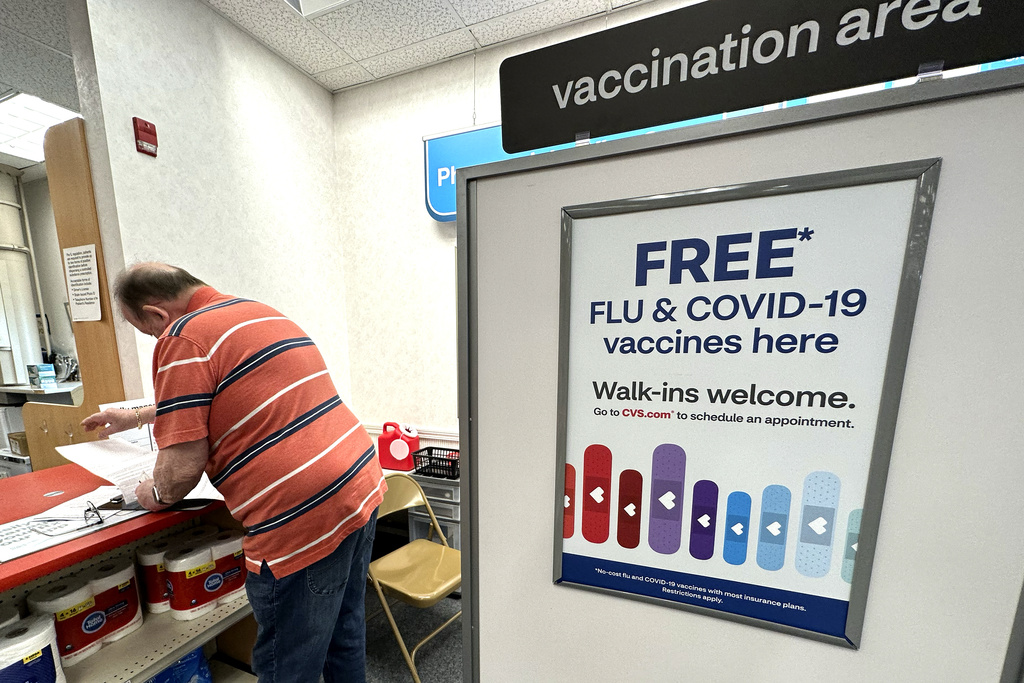On Tuesday, the Federal Aviation Administration announced a rule requiring airlines to give flight attendants an extra hour off between flights: They'll get a minimum of 10 hours between shifts instead of nine.
The rule goes into effect in 30 days, and airlines have up to 90 days to comply.
It comes as a rebound in travel after peak-pandemic times continues to put a strain on U.S. airlines and their crews.
This month, the Delta Air Lines' pilots union started a strike authorization vote. It doesn't mean a strike is imminent, but it is meant to send a message to the airline.
Delta's pilots union recently said they were presented with a proposal for pay that "falls substantially short" of expectations. The union's ballot will be open for voting by Delta pilots until Oct. 31.
Southwest Airlines and its flight attendants have hit the picket lines lately as well. A board member for the Flight Attendant's Union says they haven't had a new contract in four years.
Though pay is still a concern for flight attendants negotiating contracts, Tuesday's rest requirement is a long time coming for the Association of Flight Attendants, who have fought for years for a longer break between shifts.
The union thought it had prevailed four years ago when Congress voted by large margins to require more rest. But appearing at the news conference Tuesday, the union's president, Sara Nelson, appeared with acting FAA administrator, Billy Nolen, and accused the Trump administration of attempting to kill the expansion through regulatory foot-dragging.
"It took us way too long, but we are finally here," Nolen said.
Congress directed the FAA in 2018 to increase the rest requirement for flight attendants and eliminate a provision that let crews work with less rest under some circumstances. The FAA took public comments on the extra rest requirement in both 2019 and 2021 and received more than 1,000 comments from airlines, flight attendants and the public.
Airlines for America, a trade group representing the largest U.S. airlines, said safety is always the industry's top priority, and "having rested and alert flight attendants who are prepared to carry out their responsibilities, including cabin safety and other duties, is critical to this goal." The group said it supports "scientifically validated and data-driven countermeasures to prevent fatigue."
Additional reporting by The Associated Press.



 Understaffed Airlines Losing Travelers' Luggage
Understaffed Airlines Losing Travelers' Luggage






